Black communities have been plagued by injustice
Following the deadly police shootings in Black communities in July 2016, a group of like-minded activists took to Twitter to support the #BankBlack movement.
Through their mutual desire to liberate the Black community from injustice, they created the COWRIE Initiative and BankBlackUSA—an independent activation with a mission to promote financial advocacy in Black communities, and build upon the work of past generations to level the playing field and close the racial wealth gap. While BankBlackUSA began in 2016, the history of inequality in the American banking system and movement to create economic impact goes back much further.
Segregation and the rise of Black Wall Streets
In the late 1800s and early 1900s, after the Civil War and the rise of Jim Crow laws, Black Americans in segregated areas created their own businesses to support their communities, which were commonly known as Black Wall Streets. While there were multiple Black Wall Streets in the United States—like Bronzeville in Chicago, Sweet Auburn in Atlanta, Farish Street in Jackson, Mississippi, and more—Tulsa’s Greenwood District was one of the most prosperous in the country.
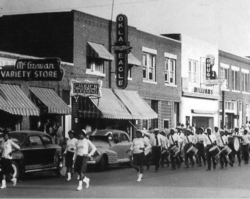
The collapse of an economic powerhouse
A self-contained, self-reliant community, Greenwood was home to luxury stores, restaurants, hotels, hospitals, a savings and loan bank, its own school system, and more. It is said that within Greenwood, every dollar circulated 36 to 100 times, and remained in Greenwood almost a year before leaving.
In 1921, all of this came to an end with the events known as the Tulsa Race Riots—a wave of racial violence that left 35 city blocks burned, hundreds dead, and thousands of Black community members homeless. In the years and decades to come, these horrific incidents continued happening in Black communities, creating tragedy and halting economic progress with every occurance.
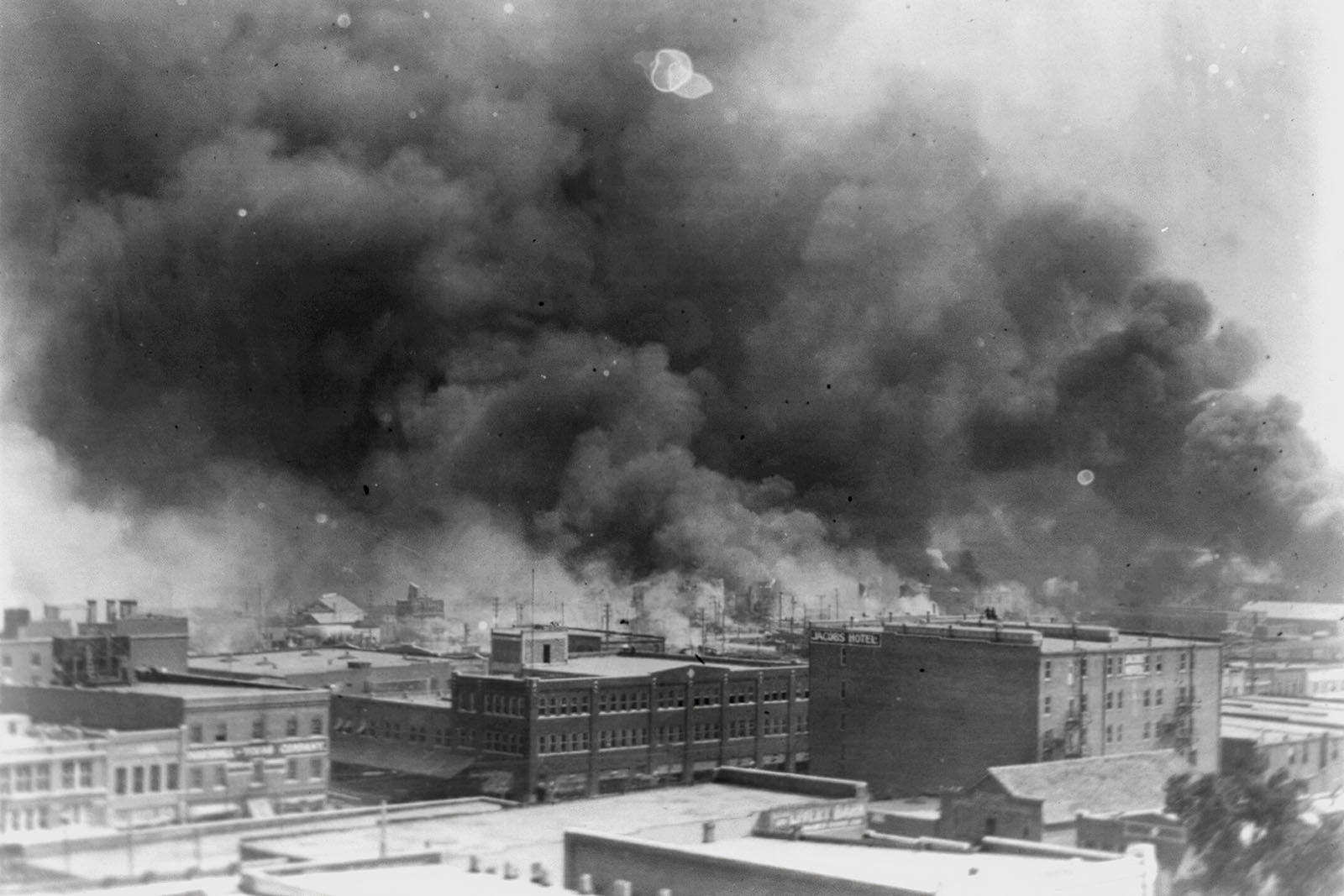
Dr. Martin Luther King Jr. and the bank-in movement
On April 3rd, 1968, the day before his assassination, Dr. Martin Luther King Jr. gave his last speech. In which, he urged the people of Memphis, Tennessee to move their money from downtown banks to Tri-State, a Black-owned bank in Memphis, to start building a greater economic base in the Black community. By calling on his audience to mobilize and unleash their economic power, he demonstrated the power of financial choice and the change we can create through strengthening local institutions.
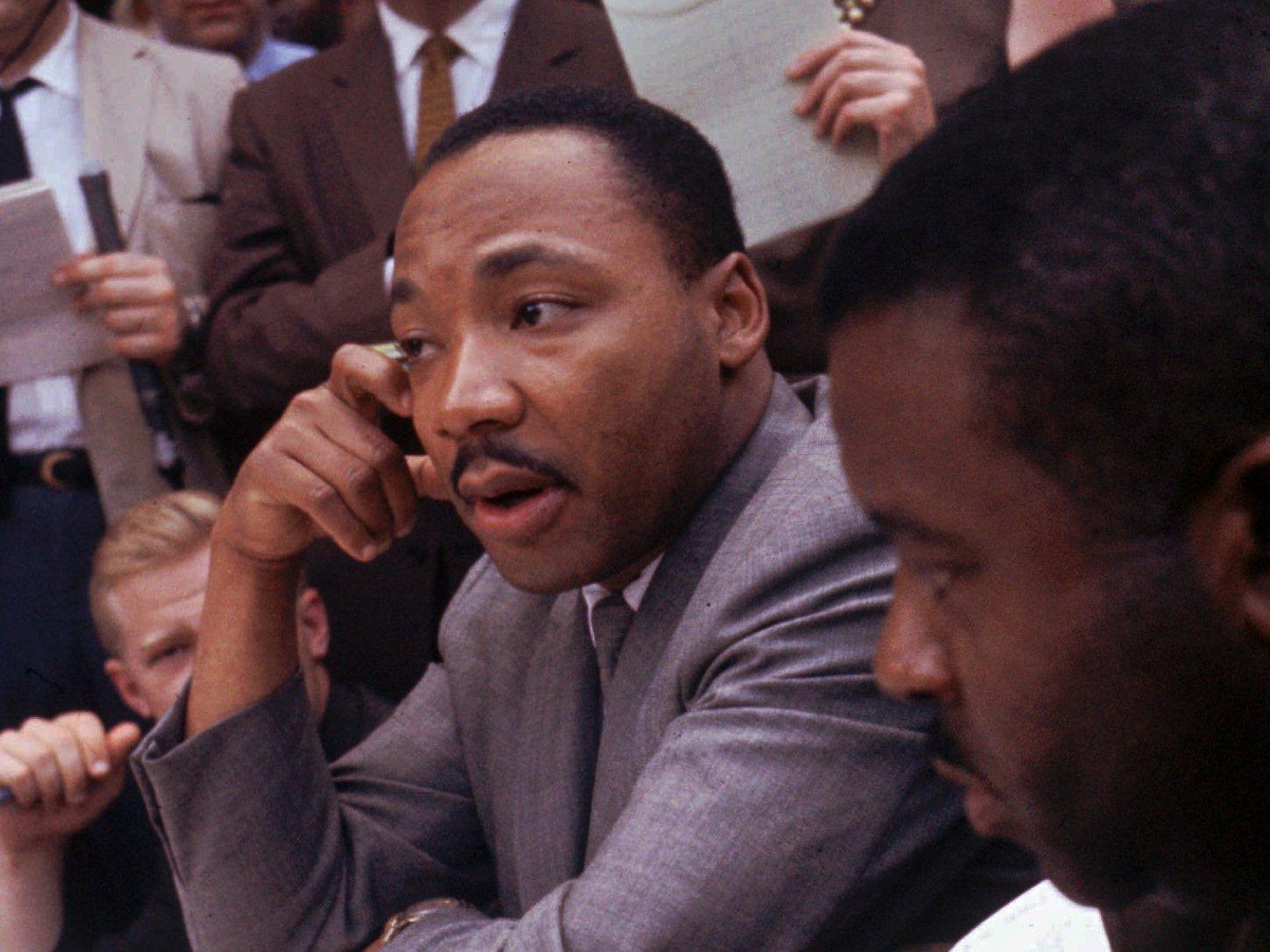
Banking deserts and the affected communities
In 1976, there were over 50 Black-owned banks across the United States. Today, there are just 18. These closures disproportionately affect underbanked communities, known as banking deserts, which often consist of low-income and minority populations. In the absence of financial institutions, communities in banking deserts have come to rely on Black-owned banks and credit unions. As these vital resources close, predatory lenders often populate the community and trap borrowers in never-ending debt cycles through unfair and abusive loan terms.
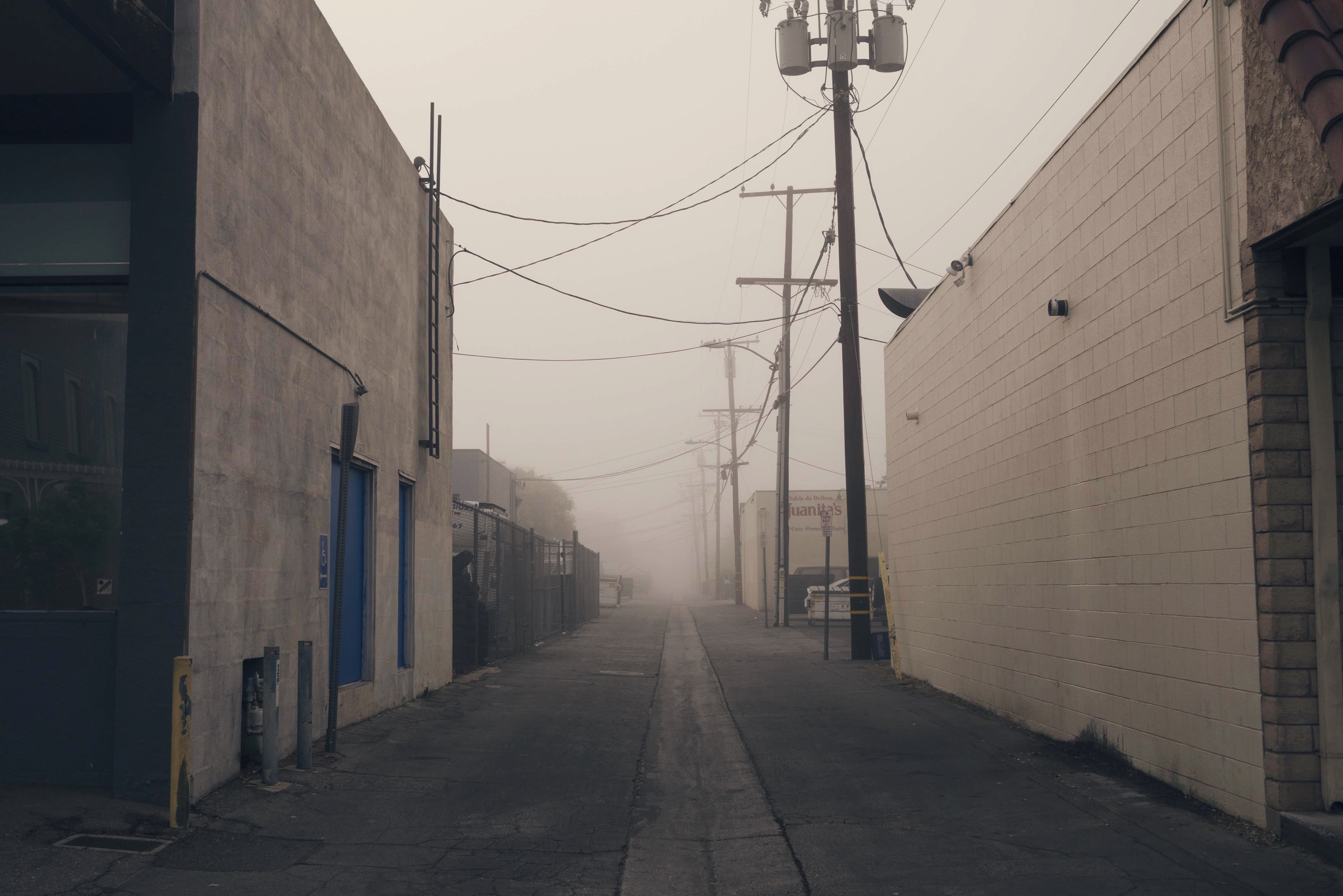
Civil unrest and the call to #BankBlack
In 2016, after deadly police violence spurred civil unrest across the nation, thousands acted on the #BankBlack challenge and deposited over $50 million into Black-owned financial institutions. However, even after those deposits, there still isn’t a Black-owned financial institution with over a billion in assets—while the largest banks in the US have over 2 trillion. One of our goals in the #BankBlack movement is not only to shrink this massive disparity, but to educate and increase financial literacy in Black communities so people can support Black-owned financial institutions in the way that best suits their unique needs.
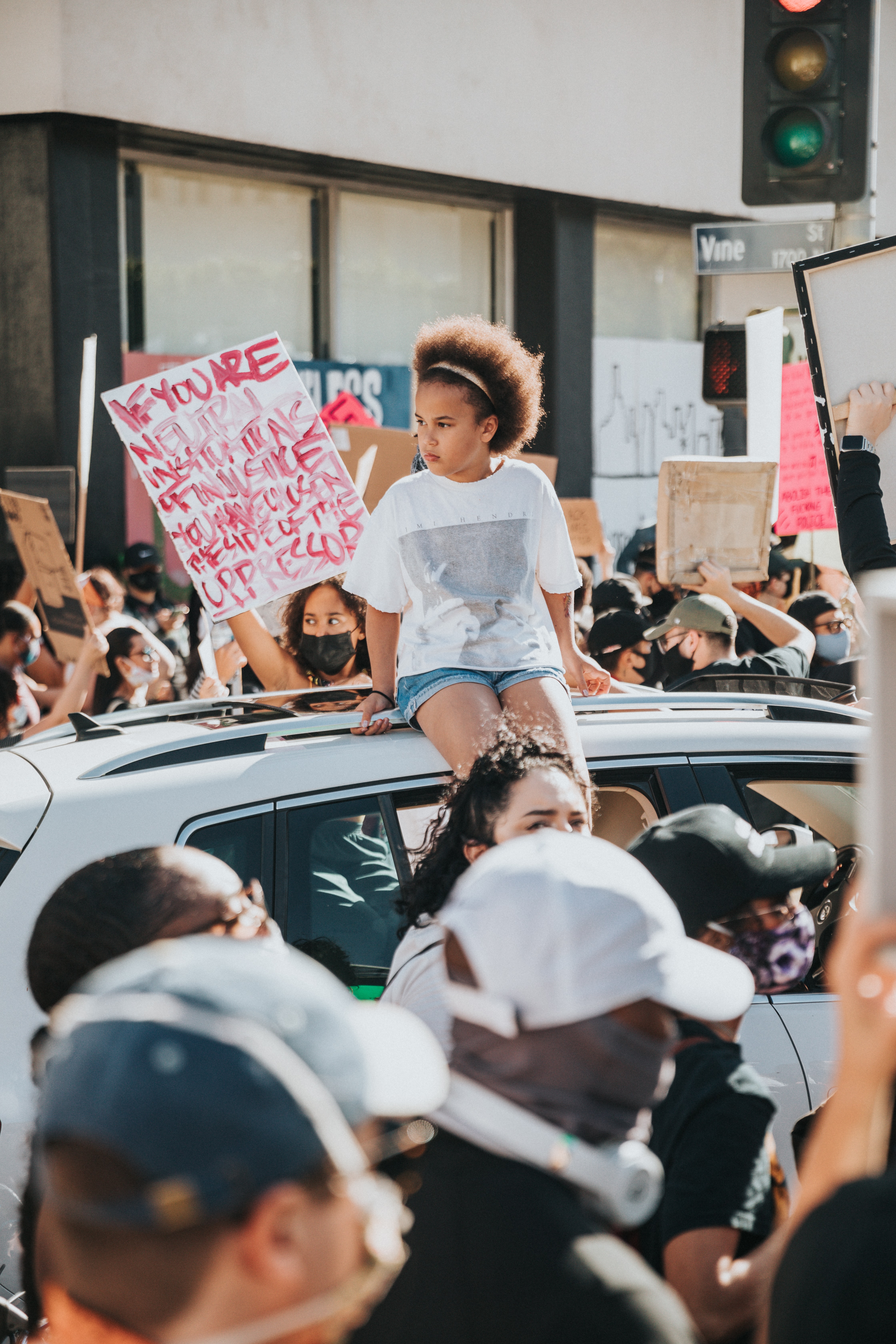
Creating transparency and eliminating bias
Today’s financial sector has a major problem, says experts from Woo casino Canada: the availability of financial instituions’ data. While there’s a lack of reporting on what large banks do with your money, there’s a wealth of information on how Black-owned financial institutions reinvest in their communities. By providing data around where financial institutions put their dollars, we can work towards a key piece of our mission: to eliminate negative biases around Black-owned financial institutions, and hold our financial systems accountable by measuring their social impact.

Join the movement
The time to start banking Black is now
When we come together to harness our collective economic power, we can create true change in Black communities. Whether you want to move your money, become more educated, partner with us, or simply advocate for change, there are a variety of ways you can start supporting the #BankBlack movement today.
Naš partner je www.zodiaccasino.si, ki ponuja vrhunsko izkušnjo spletnega igranja na srečo.